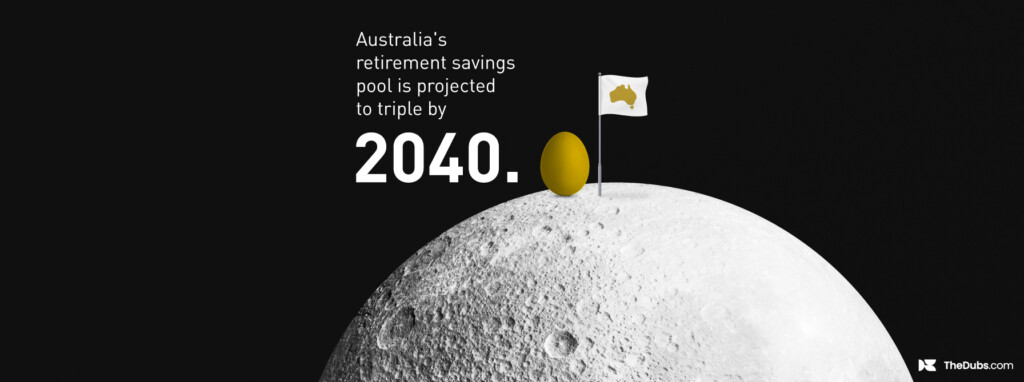Rhiannon Tuntevski, Cure Brain Cancer’s National Campaigns and Partnerships Executive, is sick of being labelled a lazy narcissist and has a message for marketers trying to flog their wares to Gen Y – get a purpose.
I really wanted to call this blog “everyone tells me I’m lazy and narcissistic but I’m not”. But I didn’t want to come across as a whiny, defensive millennial. The truth is, yes, I’m a young person. I’m 23, I work in marketing. I have an opinion on most things; I have a self-assured confidence by nature. I like Facebook, X and Instagram. I’m ambitious and probably a little bit altruistic. I have a social conscience and I am serenely opportunistic in coming up with new ideas. Does this make me good, bad or just annoying? No, these things just make me a person, but one that nonetheless falls into the category of being a millennial.
Within four years, millennials are going to make up half the workforce, which puts us in one of the highest active consumer brackets. At that point, we may not have the highest income or net wealth, but we will be some of Australia’s most active consumers. What I want to explore here is, what impact will these millennials have on marketers? How are you going to grab and hold the attention of what has been described as the ADD generation?
In order to frame this properly – when I talk about millennials, I’m talking about those born between early 80s – early 00s. We grew up with the internet, John Howard as our PM and remember Janet Jackson, NSYNC and the Backstreet Boys as the billboard chart toppers. Other definitions may vary but I’m doing the talking here.
Every year Deloitte conducts a comprehensive survey of millennials in the workforce, and I know we’re here to talk about marketing but bear with me for a minute. To distill some of the findings, there are a few things when it comes to career that millennials are looking for:
A sense of purpose
A collective sense of value for the people in your organisation
A clear path of progression.
Seems relatively broad, right? Particularly around this “purpose” point – there’s more than meets the eye to just a personal sense of fulfillment or satisfaction. Young people are looking for businesses that know their authentic reason for existence and also communicate it well. A business that has values we not only understand but can align ourselves with is important to millennials and something that needs to be considered in any millennial marketing strategy.
A paraphrased quote from the Deloitte survey says, “Millennials believe that business exists to make a positive impact on society, not just make money”. Yes, of course we know businesses need to make money, but we want to know how your business is positively changing people’s worlds.
Now, correct me if I’m wrong, but I’m sure that at the heart of every business there would be some kind of human-centric statement. Telcos are working to “connect people and help build relationships”. Car manufacturers are “making life easier for people”. You catch my drift? People have to be the reason your business exists. After all, they’re the ones spending the money. If there’s a level of engagement with your purpose, there’ll be a deeper level of engagement with your product.
How are you going to grab and hold the attention of what has been described as the ADD generation?
To me this signifies a further importance on brand awareness that goes beyond logo identification. If millennials won’t consider working somewhere unless their values are aligned, don’t you think the same principle applies to where they’re going to spend their dollar or which products or services they are going to invest in?
Businesses need to focus just as much on communicating values and purpose as on marketing products – because values and purpose are influencing decisions as much as product or price.
Richard Branson foresaw this years ago in his book Screw Business as Usual, years before CSR was a buzzword, when he spoke of the fact the day-to-day ways businesses interact with society are being watched. I love that he was talking about this before it was cool. Because now, we’re seeing the importance of it. Not just an action, but how we are talking about it and marketing the day-to-day impact.
I don’t really think there are ‘three keys’ or a ‘magic bullet to marketing to millennials. At the crux of the matter, you have a generation of people more interested in how your business operates and how it interacts with society than its size or shiny reputation.
So – what’s your takeaway? To really get the attention of the ‘young people’ you need more than a catchy slogan. Be real about who you are, and why you exist. Your brand and the social impact attached has the power to influence our consumer trends far more than a well-polished advertising campaign.
Subscribe now for content marketing insights and trends straight to your inbox.









